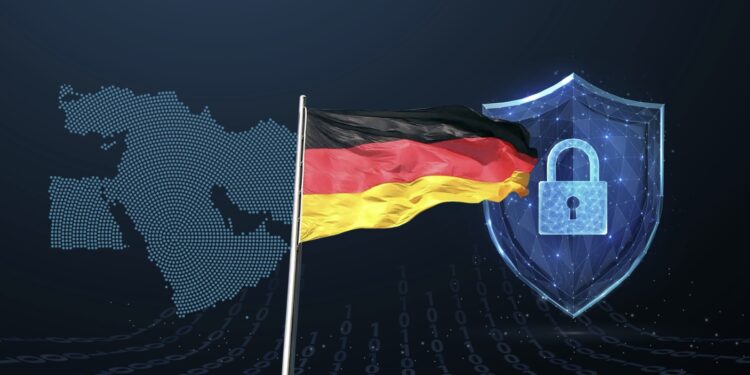Cybersecurity The European Union is considerably increasing its cybersecurity efforts, especially in building its defense against more sophisticated cross-border cyber-attacks. Its decisions are being driven by a desire to make cybersecurity an area in which Europe stands together, reflecting a collective understanding that that there is an immediate need for a united and robust European cyber resilience.
The shift follows a sustained boom in cyber threats, especially from nation-state adversaries, against critical industries throughout Europe. Recent warnings from institutions such as the German Federal Office for Information Security (BSI) illustrate the increasing susceptibility -in particular in the energy sector- with the progressive decentralization and digitalization. There are lots of cyber incidents from Russia and China; Germany also received a lot, together with the UK and France.
The EU: Update 02.12.2013 – Critical infrastructure – EU blue print One of the key strands of the EU s new approach is the EU Cyber Blueprint approved last month.
This crisis response measures seeks to foster the bloc’s overall readiness to counter multi-dimensional hybrid threats and implements a concrete mechanism to enhance cooperation among member states and between the EU institutions in the response to and the recovery from cyber crises that have an impact on critical infrastructure and public safety.
This blueprint is in keeping with the NIS2 Directive, which took effect in October 2024, and requires incidents to be reported without delay in several key sectors such as energy, transport, health and finance.
If Germany was not serious about cybersecurity then it would not take initiatives. BSI had previously called for greater regulatory powers and a national set of cyber security standards.
The nation has also been hardening its own domestic cybersecurity posture through federal-state cooperation, and signing agreements to elevate cyber risk intelligence sharing, incident response coordination, and public sector awareness.
The continual German endeavours to increase the independence of its cyber-security institution in BSI and its investment in strong IT security laws both point to an ambition to have a secured digital realm.
The EU work on cybersecurity seeks to prevent, detect, respond to and combat cyber threats. A list of such measures includes the creation of an EU Cybersecurity Reserve to finance incident response services, the setting up of a reporting mechanism on vulnerabilities in the context of the Cyber Resilience Act and the creation of a Cyber Situation and Analysis Centre for the European Commission.
On-going revision of the EU Cybersecurity Act also addresses the mission of the European Union Agency for Cybersecurity (ENISA), as well as the certification of the network and information systems, in order to strengthen and better coordinate the European Union’s collective response in countering the increased cyber threats we now face.










![Online Scam Cases Continue to Rise Despite Crackdowns on Foreign Fraud Networks [Myanmar] Online Scam Cases Continue to Rise Despite Crackdowns on Foreign Fraud Networks [Myanmar]](https://sumtrix.com/wp-content/uploads/2025/06/30-12-120x86.jpg)





